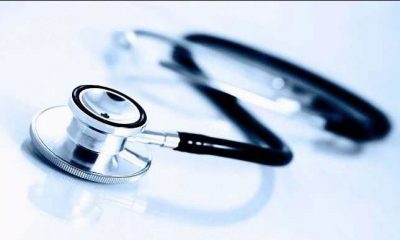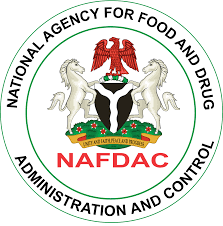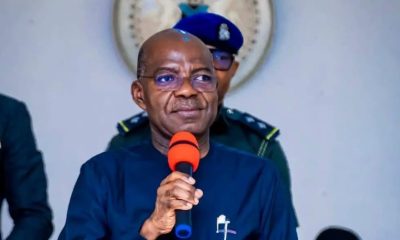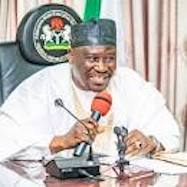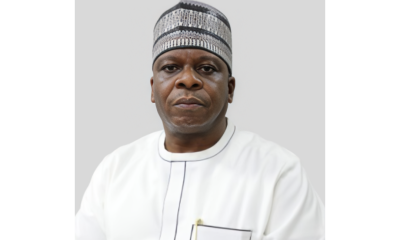Health
IPC Commences Training on Investigative Health Care Reporting
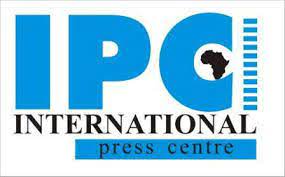
The International Press Centre (IPC), Lagos, on Monday in Uyo, commenced a two-day training for journalists in the South South on Investigative Health Care reporting.
The training is the first in the series of two-day Media Capacity building programmes supported by the US Consulate General, Lagos.
Mrs Stella Nwofia, Senior Programme Manager, IPC, in her opening remarks, disclosed that the training is under the IPC Media in Health Care Accountability Project (MEHCAP).
Nwofia also disclosed that the programme is expected to train 45 young and mid-career journalists (journalists with 10 to 15 years experience) from the print, online and broadcast media outlets in the three geopolitical zones of South West, South south and South East of the country.
She noted that IPC was committed to upping the ante of the constitutional obligation imposed on the media to monitor governance and hold governments accountable to the people which is pertinent to ensuring health care sector accountability and service delivery because of the failures that Covid-19 has laid bare.
“Therefore, in the next two days, we shall seek to improve the skill of participants in those areas and perhaps much more, through the presentations by our eminent resource persons, to whom we are indeed grateful,” she said.
Similarly, Mr Segun Arogundade, Executive Director, IPC, said that from the analysis of baseline survey of trend in reportage of health and other related issues carried out in December 2020, there was the need for emphasis on research, as well as backing reports with facts and figures.
NAN reports that the training would focus on Media as effective catalyst of fundamental health care reforms as well as Infodemics and COVID-19 response. (NAN)
Health
NAFDAC Clarifies Sachet Alcohol Ban Timeline

The National Agency for Food and Drug Administration and Control (NAFDAC) has clarified its stance regarding the nationwide ban on sachet alcohol.
Mr Kenneth Azikiwe, Director of the FCT Directorate of the agency, in an interview on Monday in Abuja that the temporary lifting of the ban was only valid until Dec.
31, 2025.He emphasised that the recent ministerial lifting of the ban was not permanent and urged the public to disregard misinformation suggesting that the government had permanently lifted the restriction.
“There is a ministerial lifting on the ban of sachet alcohol, but it is only temporary and will be reviewed by Dec. 31, 2025.
“After this date, the full enforcement of the ban will commence.
“The minister granted this temporary relief to allow manufacturers and regulators time to collaborate and ensure a more structured and effective implementation of the ban,” Azikiwe stated.”
He highlighted NAFDAC’s ongoing efforts to sensitise the public across the country, noting that awareness campaigns had reached every state.
“We have sensitised distributors, and we’ve emphasised that alcohol should not be sold to individuals under the age of 18, which is also clearly indicated on product labels,” he added.
Azikiwe also commended the Distillers and Beverages Association of Nigeria (DIBAN) for supporting the awareness drive.
He reassured the public that NAFDAC remained fully committed to regulating alcohol consumption and reiterated that sachet alcohol products containing less than 200 milliliters would be phased out after Dec. 2025.(NAN)
Health
Janabi Nominated Regional Director WHO African Region

The World Health Organisation(WHO) says that Prof. Mohamed Janabi has been nominated as the next Regional Director of the World Health Organisation(WHO) African Region.
The organisation said in a statement that the nomination was during a special session of the WHO Regional Committee for Africa held in Geneva ahead of the World Health Assembly on Sunday.
“The special session by member states of the WHO African Region to elect the next Regional Director was agreed upon and organised following the sudden and untimely death of Regional Director-elect, Dr Faustine Ndugulile in November 2024.
“Other candidates were Dr N’da Konan Michel Yao (proposed by Côte d’Ivoire), Dr Mohammed Dramé (proposed by Guinea), and Prof.
Moustafa Mijiyawa (proposed by Togo),” it said.According to it, Janabi’s nomination would be submitted for appointment by the 157th session of the WHO Executive Board, which will take place from May 28 to 29 in Geneva.
It said that the newly appointed Regional Director would take office thereafter for a five-year term and be eligible for reappointment once.
In his acceptance remarks, Janabi expressed commitment to advancing health of the people of the region.
“Thank you for your trust in me. I will not let you down. Your support underscores our collective resolve to build a healthier stronger and more united Africa.
“As we face challenges ranging from infectious diseases, noncommunicable diseases to climate change and limited health financing, we must harness African resilience and unity,” he said.
Dr Tedros Ghebreyesus, WHO’s Director-General, congratulated Janabi on his nomination as Regional Director for Africa and praised the other candidates on their campaigns.
“I offer my warm congratulations to Janabi on his nomination as Regional Director for Africa, and also to the United Republic of Tanzania.
“I also thank Dr Yao, Dr Lamine and Prof. Mijiyawa on their campaigns for this challenging but extremely important position,” Ghebreyesus said.
According to Ghebreyesus, Janabi will take the reins at an unprecedented time for the African Region, and WHO as a whole.
“We are grateful for his experience and expertise as we work together to navigate the challenges we face, and position our organisation to be stronger, sharper and more effective in the future.
” I look forward to his appointment by the Executive Board, and to working with him for a healthier, safer, fairer Africa,” Ghebreyesus said.
He thanked Dr Chikwe Ihekweazu, Acting WHO Regional Director for Africa, for his service in steering the regional office during the transition period following the end of the term of former Regional Director Dr Matshidiso Moeti.
In his remarks, Ihekweazu congratulated Janabi and wished him success as he takes up the new role.
“Congratulations Janabi on your election. This is a true reflection of the trust that member states have placed in you.
“The African region has made important strides in health. But it also faces real and complex challenges.
“You can count on my support and that of all of WHO Africa as you take on this new role to serve our people,” Ihekweazu said.(NAN)
Health
Int’l Day of Boychild: EFCC, Others Decry Impact of Cybercrime on Youth’s Mental Health
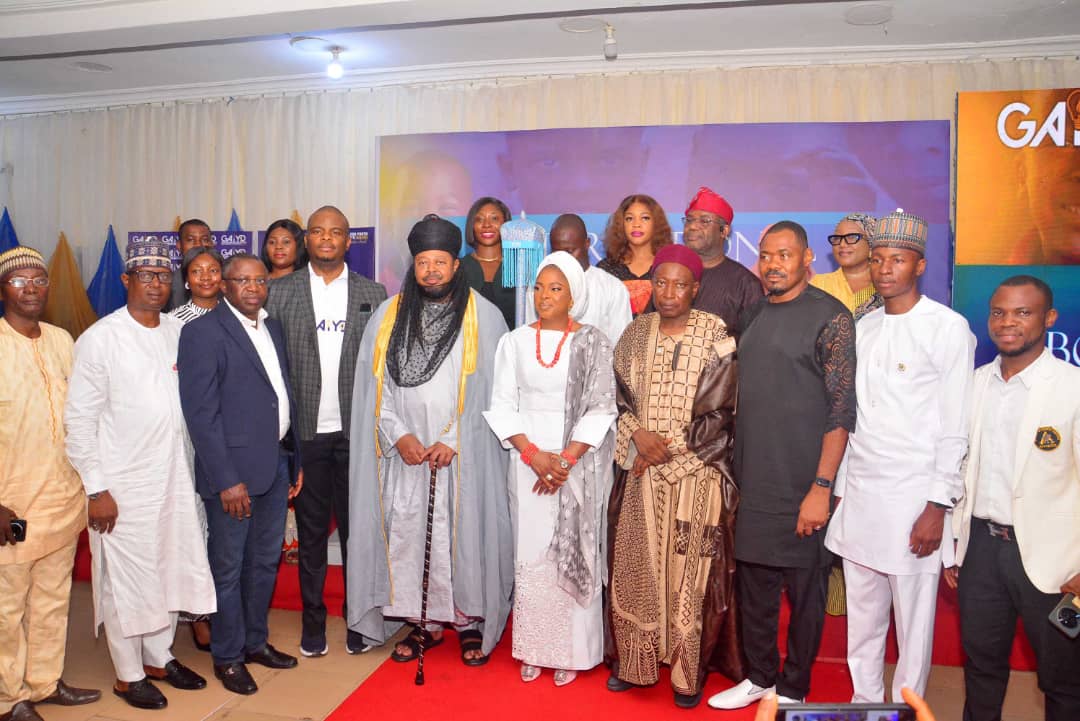
By David, Torough Abuja
The Economic and Financial Crimes Commission (EFCC) and various stakeholders have raised the alarm over the detrimental effects of cybercrime on the mental health of young boys in the society.
This was noted during the annual essay competition organized by the Great Achievers Initiative for Youth and Community Development (GAIYD) in Abuja.
The event, held in celebration of the International Day of the Boy Child 2025, focused on the theme “Boy’s Health and Wellbeing” and the essay topic, “Where are the Mentors? The Missing Role Models for Boy’s Growth and Development.
”The Chairman, Economic and Financial Crime Commission (EFCC), Ola Olukoyede, who was represented by the Commission’s head of Enlightenment and Reorientation, Aisha Muhammad, emphasized the urgent need for integrity and guidance among youth.
“Girls are just there for the enjoyment, either the boyfriends or the wives, and that’s it. They are just there as a supporters club, so the boys are the ones doing this,” she stated.
Olukoyede explained that the EFCC has established integrity clubs in primary and secondary schools to instill ethical values.
“We have zero tolerance clubs in the tertiary institutions, trying to catch them young, to instill the spirit of integrity and talk to them about what they should know, what they shouldn’t do,” he added.
The discussion highlighted the pervasive threat of cybercrime, which poses significant risks to the mental health of young boys.
The EFCC Chairman warned that cybercrime can lead to anxiety, depression, and stress.
“The issue of mental health and well-being of the male child is crucial and it is at the heart of the 2025 International Day of the Boy Child Celebration.
“The weight of secrecy, fear of detection, and potential prosecution can be overwhelming,” he cautioned.
Olukoyede therefore called for collective responsibility from parents, educators, and mentors to guide young people towards positive alternatives and foster digital literacy.
Also speaking, the wife of Ooni of Ife, Her Regal Majesty, Olori Temitope Enitan Ogunwusi, addressed the gathering, urging stakeholders to be proactive in supporting boys.
The Olori emphasized the importance of being a voice for boys. She challenged adults to reflect on their roles in nurturing boys.
“Who is going to be the voice for our boys? As a mentor, as a parent, as a guardian, are you a voice for your boy or for your boys? How have you been a voice for that boy child? For that son that you birthed?,” Ogunwusi queried.
The Olori further encouraged boys to recognize their potential and urged parents to be positive role models, emphasizing that the responsibility of raising boys falls on the entire community.
“You have God’s kind of mind. Everything that determines your future is right here in your head.”
The Keynote speaker at the event, Kayode Adaramodu addressed the critical issue of mental health, emphasizing the importance of healthy habits and open communication.
“You need to sleep well. Sleeping is very, very important. Exercising is very important. Open communication, developing open skills, positive information, embracing the good side of social media. Learning, connecting with people, and having opportunities to express yourself. These are good ways of promoting your mental well-being,” Adaramodu urged.
He therefore encouraged boys to seek professional help when needed and to utilize mental health resources available to them.
“And you can also find professional help and resources. Psychologists are there. These are people who study human behavior, the way we think, the way we feel.
“The same way you have WhatsApp, the same way you have Facebook, TikTok, and other things like that, for entertainment. To also take care of your mental health related issues, there are apps out there that can help you to become mentally alert and resourceful,” he said.
Speaking earlier, the Founder of GAIYD, Dr. Hillary Akpua, noted the need for a dedicated focus on the boy child and expressed gratitude for the growing advocacy for boys.
“If you have not been paying attention to your boys, please start doing so. Send them for training where they can develop more because the girls you are training today might meet the boy you left untrained tomorrow. I’m sure you won’t want that girl you are busy training today to marry such an untrained boy.
“In order word, for the efforts we put into raising our female children not to be counterproductive eventually, we really need to do better in raising these young men God has blessed us with,” Akpua said.
The highlight of the event was the official launch of One Boy One Skill Project by Olori Temitope Enitan Ogunwusi. The project is aimed at engaging young male adults in different vacations to empower for the future ahead.
Also, there was presentation of prizes to winners of the essay competition.
While the first position received a scholarship worth 150,000 Naira, the second position was awarded 100,000 Naira, and the third position received 50,000 Naira.
Additionally, consolation prizes were provided for runners-up and sponsored gifts for all participants.”
GAIYD, a non-governmental organization dedicated to community and human development, places special emphasis on the growth and empowerment of the male child.





